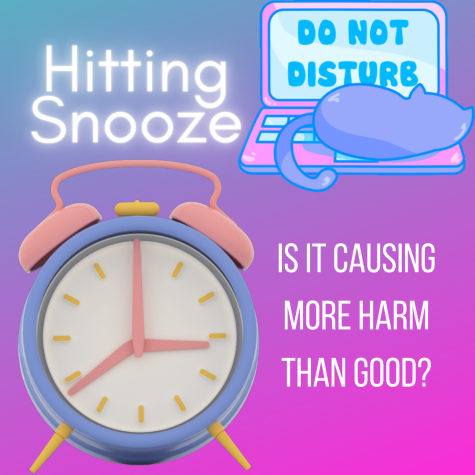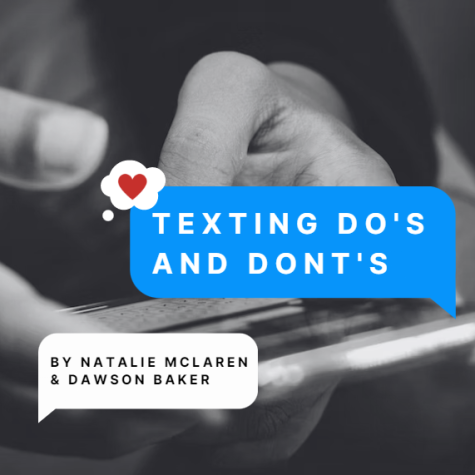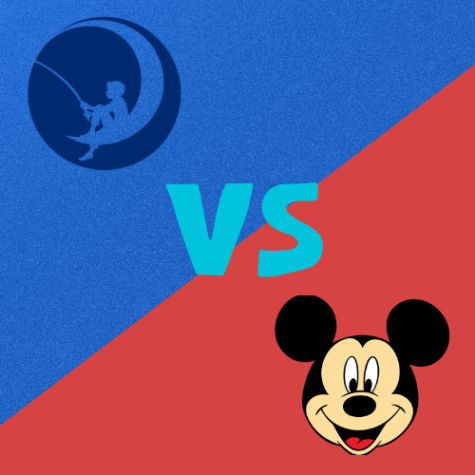SHOULD YOU REALLY BE YOURSELF?
“Be yourself” is an overused, mainstreamed piece of advice. What does it really mean and how can we really be ourselves? We need to be authentic. Authenticity can lead to success. Still, being yourself can be used as an excuse to not change. Or it can just be hard to be yourself. By simply trying to be authentic, you can live a happier life.
Should You Really Be Yourself?
It’s probably the most common piece of advice given: be yourself. Even in a so-called accepting society, this advice is still hard to implement. There’s pressure from peers, teachers, or parents to look and be a certain way. Social media shows favor to certain lifestyles. Growing up you don’t even know who you are. So what does it really mean to be yourself? Is this really useful advice? Should you really be yourself?
The problem lies with the interpretation, being yourself is vague advice. What we really need to be saying is be authentic. Being authentic means that you express yourself and feelings honestly and you have the courage to define your own life. But how do we be authentic? It starts with honesty. Don’t pretend to be into activities you’re not into or do them because you want to please others. Most people can see through the act. Most importantly, be honest to yourself. We know ourselves better than anyone else does. We know what makes us happy and what doesn’t. Authenticity means embracing those feelings.
Authenticity can lead to success. Most entrepreneurs are authentic people who faced adversity for being themselves. People probably thought Steve Jobs, co-founder of Apple, was crazy when he began creating his company. He was a college dropout and he built computers in his garage when they weren’t a common item. If he had accepted judgement, he would have never become the success he was. “There is no reason not to follow your heart,” he once said. In order to follow your heart, you need to be authentic.
On the other hand, being yourself can be used as an excuse not to change. We sometimes receive criticism for being “ourselves” but do nothing about it. Or we’re scared of a challenge and use the excuse in order to not do it. No one is perfect, everyone has some habit that needs to change. For example, you’re a procrastinator. It’s part of who you are but it’s not the greatest quality to have. Being authentic means knowing your strengths and weaknesses and working towards bettering yourself.
Sometimes it’s just hard to be yourself. Other peoples’ judgement is scary. Perhaps you don’t want to offend someone. Maybe you’re trying to get someone to like you. You might have even been told to not be yourself. If people don’t like you for you, then they’re not worth keeping in your life. It’s draining to put up with someone who you feel like you have to act around. Authentic people don’t act fake to try to “fit in”.
There is no standard definition of what it is to be “normal”, so be just be yourself. At iUniversity Prep, we have a unique judgement free environment. No one judges you by the way you look; comments are always positive. You can be yourself here. We need to take this confidence and apply it to our everyday lives. Not everyone has an accepting mindset but being authentic and true to yourself will make you happier than you think fitting in will. It may sound a little cliche or unimportant but there’s only one you. So, should you really be yourself? Yes, live the life you want to live.
References
“The Importance of Being Authentic.” Wharton Magazine, 12 June 2020, magazine.wharton.upenn.edu/issues/fall-2016/the-importance-of-being-authentic/.
Paresky , Pamela B. “Is ‘Be Yourself’ Bad Advice? .” Psychology TodY , 2016, www.psychologytoday.com/us/blog/happiness-and-the-pursuit-leadership/201606/is-be-yourself-bad-advice.
“Steve Jobs.” Biography.com, A&E Networks Television, 10 June 2020, www.biography.com/business-figure/steve-jobs.

Hi, my name is Alondra Martinez. I'm a junior and this is my first year at iUniversity Prep. I love art, animals, and movies. Writing is one of my passions...












